I work better at night. At around midnight, I'm more prone to entering a state of relaxed focus, my mind making more lateral connections when reading or coming up with ideas that will likely have great positive impact on my personal life and work.
This happens after a hard workout too, or after having a stimulating discussion with a trusted, unbiased, and driven friend.
The conflict comes every day I wake up in the morning, and it's as if the open tabs of useful thoughts in my mind have closed, refreshed, but with no Command+Shift+Tab to reopen them exactly the way they were. I feel different in the morning; without the vision and subjective "charged" state I felt the night before, my mind doesn't give me a clear path to execute on the useful thoughts from yesterday. I don't have full access to that action-taking state.
It's logical that the subjective impact of thought and motivation changes from day-to-day. I wouldn't want to remember and feel the embarrassment from a social faux pas I made last week, every day. I just want to be able to capture and feel more of the good stuff from the day or week before. To feel the same emotional impact as when I first came across particular insights, so that I'll follow through on that with fervor and persistence.
Is there a way of hacking the brain to get the upside, without incurring the downside?
It's almost as if I existed in two states: one which thinks that it has done enough and deserves surface pleasures and rest - akrasia, and its opposite, non-akrasia - buzzing with quiet energy, working towards fulfillment, constantly alert to ideas that I can implement.
I know that being in a state of non-akrasia for sustained periods of time is possible. There are the Elon Musks of the world, those who work 80 hour work weeks towards their very specific cause of choice. I choose to believe that they were not so much genetically predisposed to do so, as they had something to protect as well as systems that ruthlessly reduced friction and distraction and ritualized the state of Flow.
The importance of colonizing mars and reversing climate change are likely kept as open tabs at the forefront of Musk's mind, thoughts with deep significance to him, that has guided every business or engineering decision he has made.
Given the limitations of working memory, how do I keep my useful thoughts as open tabs after a night's sleep, or at least be able to access the full "History" and restore them? I'd imagine that if I was able to hack my brain to access the long-term-thinking, fulfilment-driven mode of non-akrasian thoughts, there will be exponential gains in the areas of my life that matter - no more instinctive checking, mindless scrolling of social media as distraction to fulfilling work, no more superstimuli foods to damage physical and mental health.
The cost of giving into temptation will be greater than the short-term benefits precisely because the open tabs show me that I'm forgoing a much greater physique or career impact if I take the easy path.
More importantly, it will give me the confidence to follow through on all of those thoughts in the exact way I intended to. Being able to remember the full rationale and potential impact of these thoughts, I will be able to execute them without second-guessing myself. Finding a system or trigger to access these thoughts from my subconscious, in order to act with conviction and consistency with my long-term goals - that is my priority at this point of time.
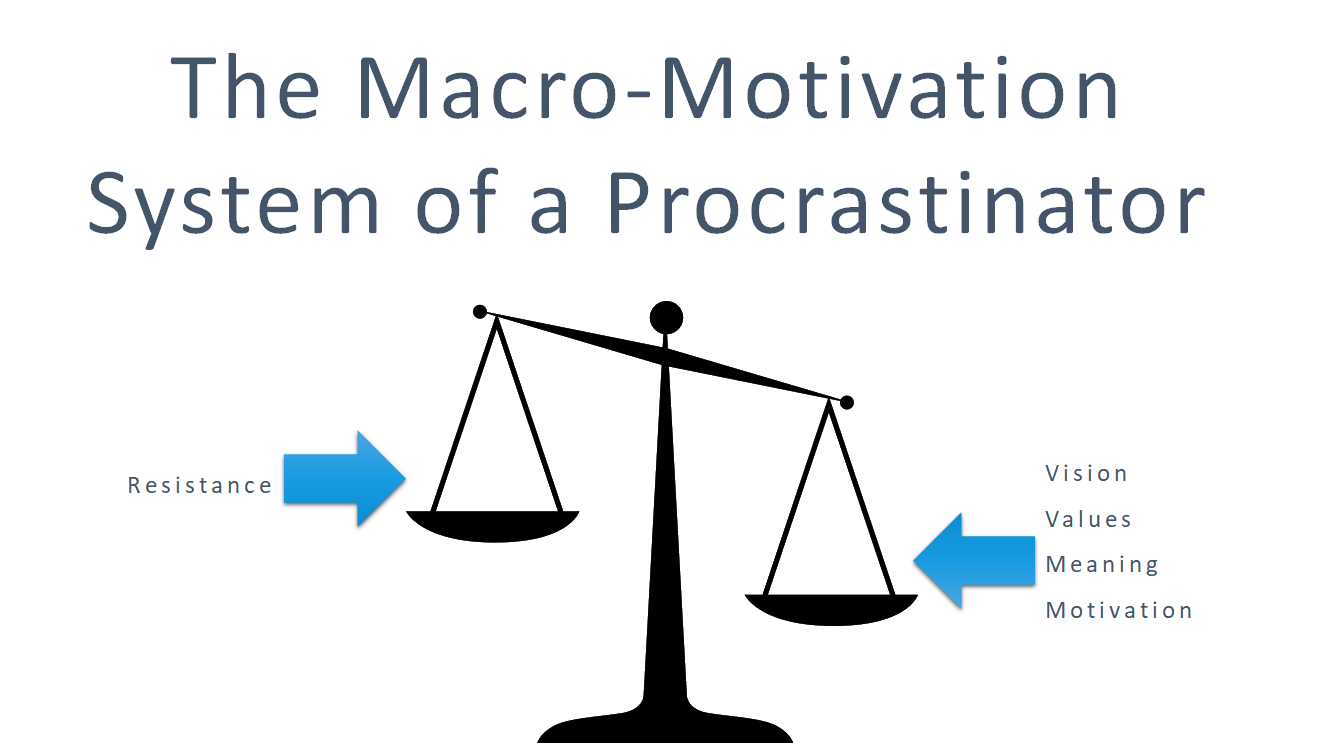
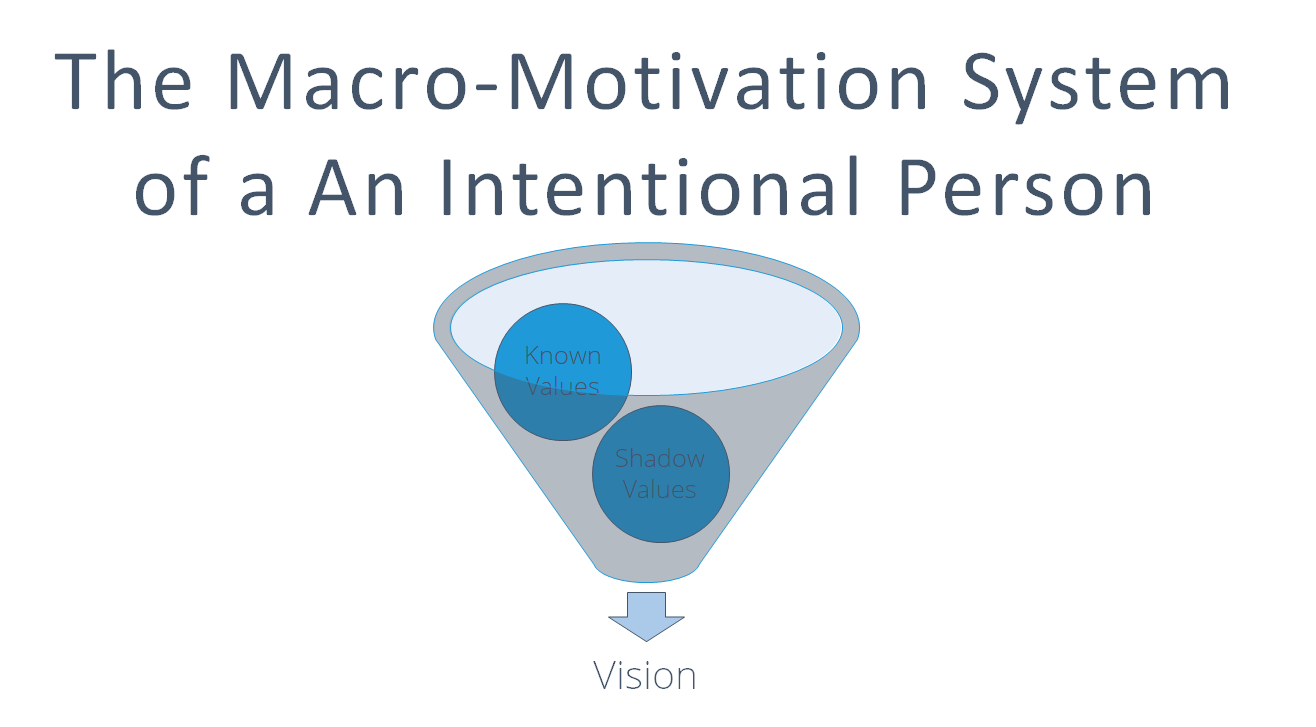
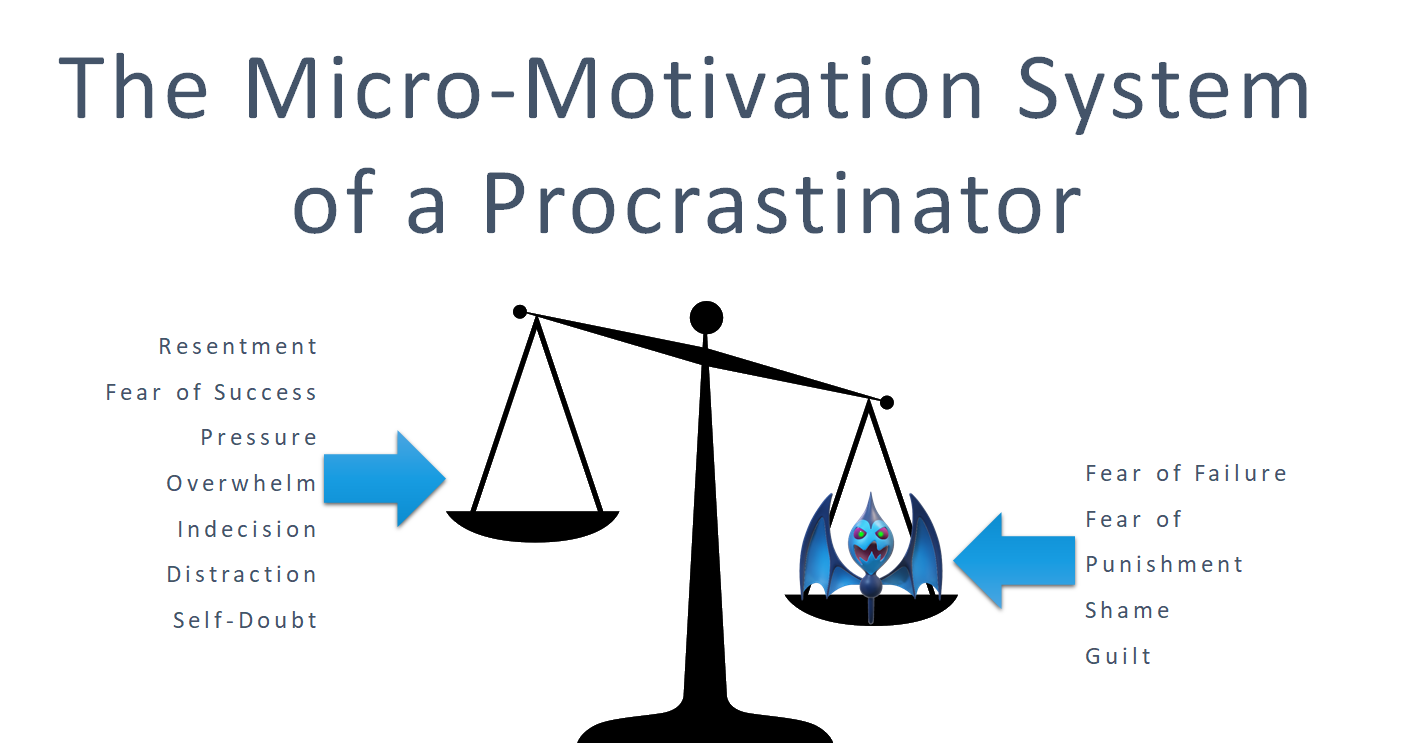
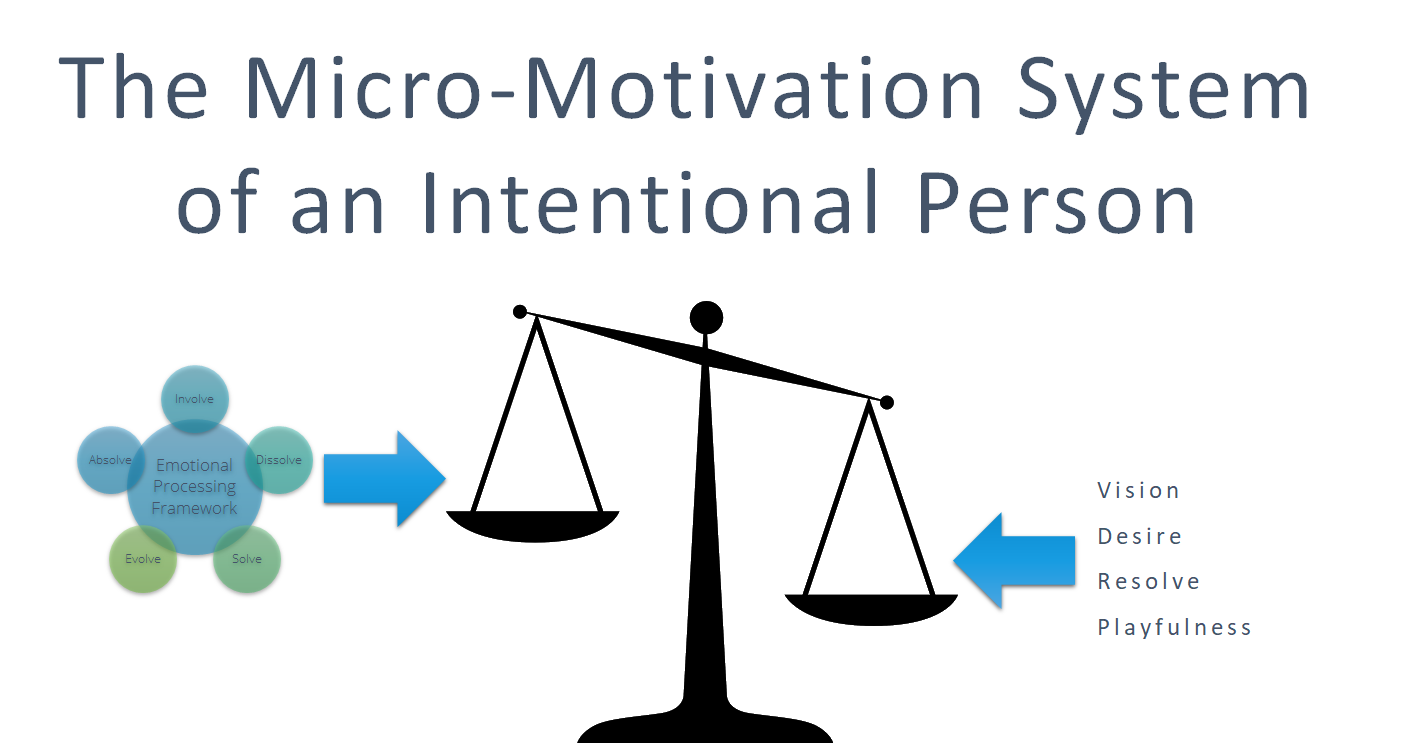




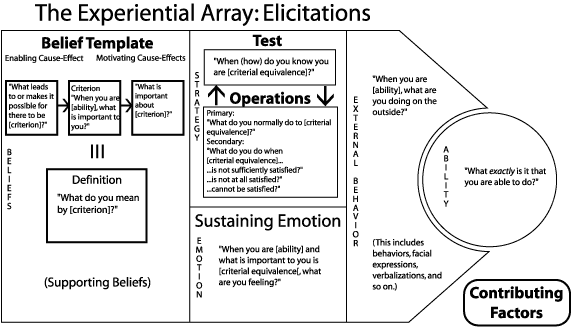
This was my experience for the last ~10 years trying to overcome my procrastination as well. I tried lots of different techniques, they would work for a short period of time, and then I would return to baseline. I tried NLP techniques, I tried changing my biochemistry, I tried various checklist and todo systems, and everything was short lived.
It's only in the last 1.5 years or so that I've come to a place where this stuff sticks, and I'm just getting more and more focused/motivated/productive every day. Here's what I found work for actually internalizing these things:
The initial breakthrough was discovering the Experiential Array. This gave me a template for "the changes I need to string together to internalize things." I took all of the tools that had been effective for overcoming procrastination, put them into the array, and then went to interview people to find the parts of the array that I was missing:
This was great because instead of just blindly trying to use the tool during the initial burst of "this is working!" I could instead use that initial burst to instead make sure that all of the pieces of the Experiential Array were in place. I created a number of tools to ensure that I made the necessary belief, emotion, strategy, and behavior changes, such as the Virtual Habit Coach:
https://www.youtube.com/watch?v=d901U693d
The next big breakthrough was using Thinking at the Edge to try to understand the deeper structure of procrastination. This was when I started doing things like incorporating resistance into my vision, figuring out the relationships between techniques, and changing the parts of techniques that were unsustainable.
For instance, NLP state change techniques and sports psychology techniques didn't take into account your current state, which is fine for a short burst of energy during a sports match, but is fundamentally unsustainable. This led me to developing the "Nearest Meaningful State" and "Nearest Playful State" techniques to make sure I could continue to use them forever.
The final piece was using the Experiential Array to map out 5-second strategies for identity-level change, and taking the time to internalze those strategies. This way as I was taking on new strategies, I was changing my identity in tiny little increments along with my behavior, which avoided the "Identity Snapback Effect" that I'd sometimes experienced with previous changes.
Hope that helps!